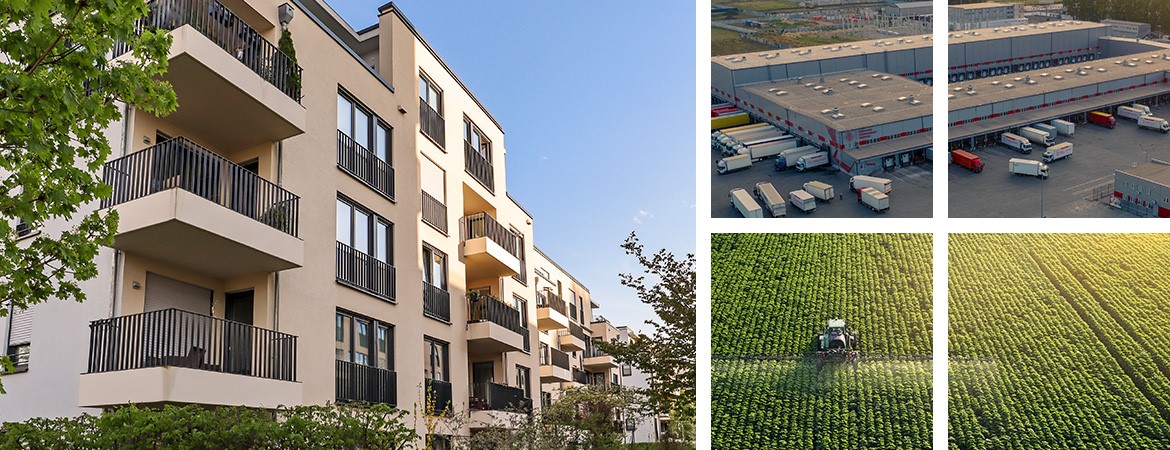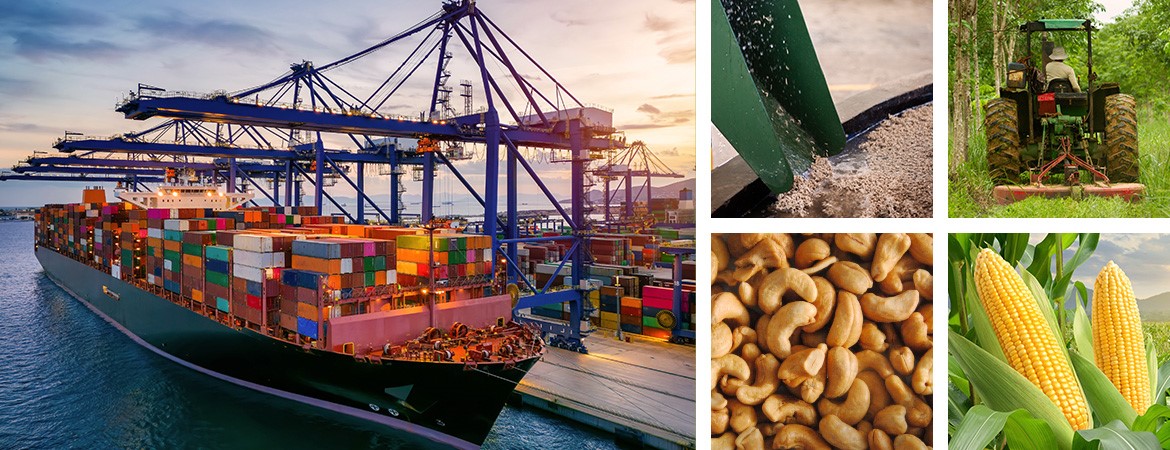








Commodity trading is characterized by a high degree of security. The funds invested are transparent at all times in the trade cycle either as capital or raw materials.
Added to this are tightly regulated transaction processes. Most trade transactions are processed by way of a letter of credit. The purchaser’s bank (TIMBERFARM) makes a promise of payment to the seller’s bank which confirms that the seller’s bank only pays the seller once a number of previously defined documents have all been submitted. These include inspection certificates from independent international auditing companies such as SGS or Bureau VERITAS, which inspect, certify, and verify the loading processes in regards to goods, quality, and amount.
This prevents buyers from paying for defective or even the wrong goods in a far-off country. With the letter of credit, also referred to as documentary credit, banks assume the risks. And if the banks assume the risks, there are no risks for the trading partners. In this case, the execution requirements of the sellers and buyers are so high that risks can almost be completely excluded, which is why international trading activities are regarded as low risk.